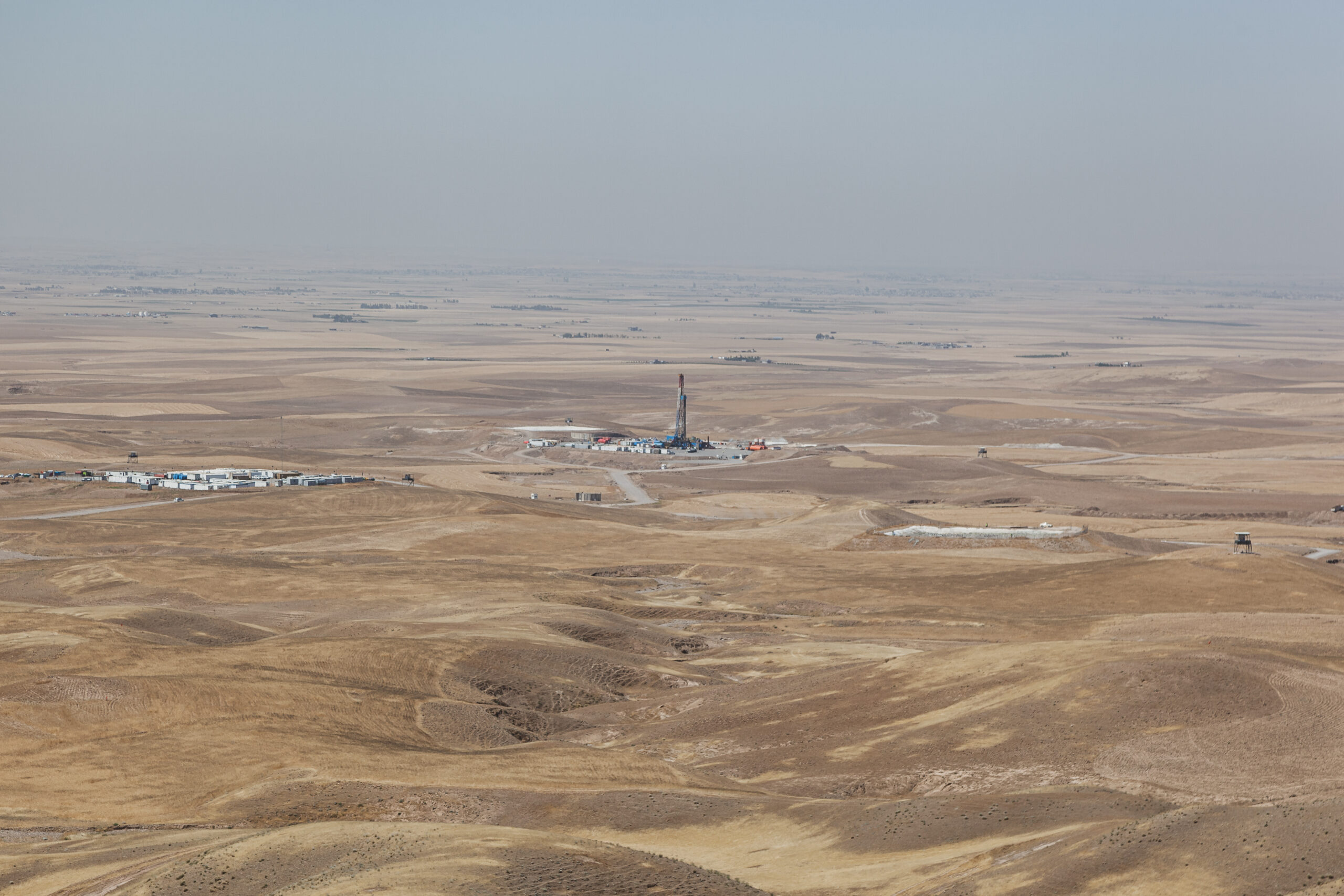Iraq gas flaring clean-up essential for climate goals: experts
Iraq alone is responsible for around 13% of global gas flaring, according to the World Bank.

Iraq has been advancing its gas capture projects, which are aimed at reducing flared gas and could decrease its reliance on Iranian imports, but further international support and key policy changes will be needed to clean up Iraq’s long-standing gas flaring issues, analysts told Gas Outlook.
Gas flaring in Iraq has been an ongoing problem since the country began extracting fossil fuels. Iraq alone is responsible for around 13% of global flaring and it’s been a top 10 flaring country for over a decade now, the World Bank told Gas Outlook. Iraq has signed a number of agreements with companies involved in the oil sector aimed at reducing flaring, but progress so far has lagged behind ambition.
A big shake-up which could turn captured gas into a valuable commodity and entice investors is needed, Zubin Bamji, Manager of the Global Flaring and Methane Reduction Partnership at the World Bank, told Gas Outlook.
Iraq has set a target to eliminate routine flaring as part of the World Bank’s ‘Zero Routine Flaring by 2030’ initiative. Although various gas processing projects are underway, this is extremely ambitious, according to Mercedes McKay, senior research analyst at Wood Mackenzie.
“What is now needed is a private investment-enabling, competitive, and transparent policy and contractual framework to make the necessary investments possible,” Bamji said.
This could come in the form of a law banning routine flaring, an independent regulatory agency for flaring, an integrated gas production, distribution, and processing system so that the gas captured is used; or a transparent legal, regulatory and contractual framework establishing captured gas ownership and commercialisation rights, including pipeline transport and third-party access rights and an internationally benchmarked, competitive pricing mechanism, Bamji explained.
“In Iraq, as in many countries, a review of the country’s policy approach and contractual framework for attracting private investment in associated gas capture and utilisation projects would help benchmark the country’s investment environment, make Iraq more competitive, and incentivise the private sector to minimise gas flaring,” he said.
Iraq is one of the most wealthy countries in the world with regards to natural resources. For decades international oil companies such as BP, Shell and Total, have extracted oil and products to ship to international markets. Gas was seen as a wasteful by-product and was flared as a result. Ironically, despite having a wealth of gas reserves, Iraq imports gas from neighbouring Iran to help power its electricity sector.
Typically, collecting and transporting captured gas depends on creating economies of scale, collecting gas from a number of flare sites and building infrastructure to use it for other purposes, like generating power and boosting energy access.
“This is feasible in Iraq, given its huge volume and concentration of gas flares,” Bamji said.
In recent years, there have been increasing numbers of reports linking the flaring to higher rates of ill health in the country, with a minister from the country acknowledging its link to cancer. This has turned flaring into not only an environmental catastrophe, but also a human health problem.
Due to loopholes in emissions-reporting protocols, shareholders have not been made aware of the extent of the flaring, according to an investigation by Greenpeace UK’s Unearthed. For example, BP has absconded responsibility to report the emissions from the flagship Rumaila field in its annual report, since it is technically not the operator of the field.
Iraq is the second-highest gas flaring country globally after Russia, flaring in excess of 17,500 bcm per year, which is estimated as an equivalent of around 300,000 barrels of oil a day and could be costing Iraq about US$ 2-3 billion a year, according to an Iraqi official. The methane that is flared is now the focus for pushback from environmental and activist groups, which have zeroed in on methane in recent years because of its huge impact on warming the climate. Although methane stays in the atmosphere for less time than other gases such as CO2, it is at least 20 times more potent for global heating within a 20-year cycle.
Since the U.S. invasion of Iraq, the country has struggled to recover economically and is fighting a multitude of infrastructural concerns, as well as an ongoing water crisis as the lake Tigris dries up. At COP28 in Dubai, the World Bank launched the Global Flaring and Methane Reduction trust fund to help those countries with the lowest capacity for reducing flaring.
International cooperation with regards to flaring will be vital for Iraq, according to Bamji, especially as Iraq’s fifth and sixth licensing rounds are expected to take place soon.
“Terms are expected to state that routine flaring is forbidden – except during maintenance and shutdowns – and IOCs will have the obligation to process and sell the gas to the government,” McKay from Wood Mackenzie told Gas Outlook, adding that any future investment plans should therefore include gas processing.
